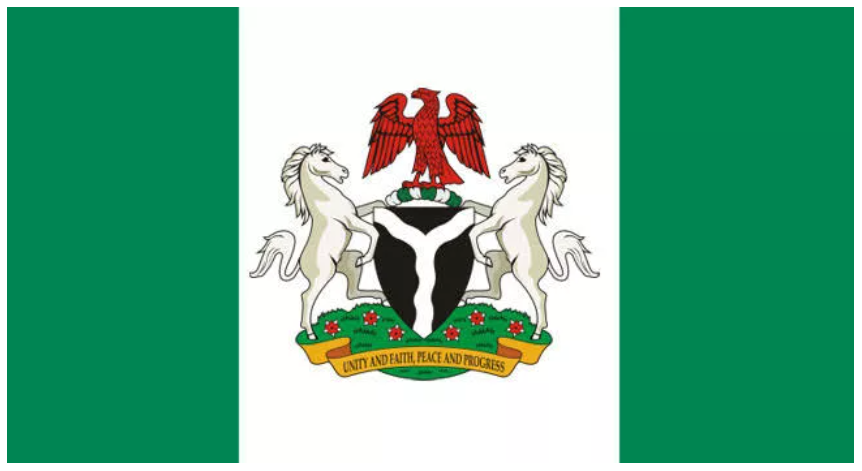UNESCO Warns of Teacher Shortage as Nigeria Faces Education Crisis
As the global teacher shortage deepens, Nigeria has emerged at the epicentre of the crisis, with implications for achieving Sustainable Development Goal 4 (SDG 4) on inclusive and quality education by 2030. According to UNESCO, the world will require an additional 44 million teachers by 2030, as attrition rates nearly doubled between 2015 and 2022. For Nigeria, the crisis is visible in its estimated 18.3 million out-of-school children—representing one in five globally—and a severe shortfall of qualified educators.
At the primary level, 915,913 teachers currently serve 31.7 million pupils, leaving a deficit of more than 165,000 teachers, particularly in rural areas. This has created overcrowded classrooms, unfavourable teacher-pupil ratios, and worsening educational disparities. With education budgets hovering between 5 and 9 per cent of national spending, far below UNESCO’s 15–20 per cent benchmark, recruitment and infrastructure have been starved of resources. Teachers also endure poor salaries, delayed payments, and difficult working conditions, driving high attrition and migration abroad.
While some states, including Anambra and Enugu, have made strides by recruiting thousands of teachers and allocating record portions of their budgets to education, such efforts remain isolated exceptions. Broader systemic issues persist, from the Almajiri system that leaves millions of children without access to formal schooling, to conflict-affected regions where schools remain shut. Without urgent reforms, experts warn that Nigeria risks a full-blown “literacy crisis” that could undermine economic growth and social stability.
UNESCO and education stakeholders have urged Nigeria to act swiftly by launching nationwide recruitment drives, improving welfare packages to retain teachers, and raising education funding to meet global standards. Incentives for rural service, professional development, and digital training have also been recommended. Analysts stress that investing in teachers is critical to safeguarding Nigeria’s future, with calls on President Bola Tinubu’s administration and state governments to treat the crisis as a national priority before a generation is lost to ignorance and inequality.

